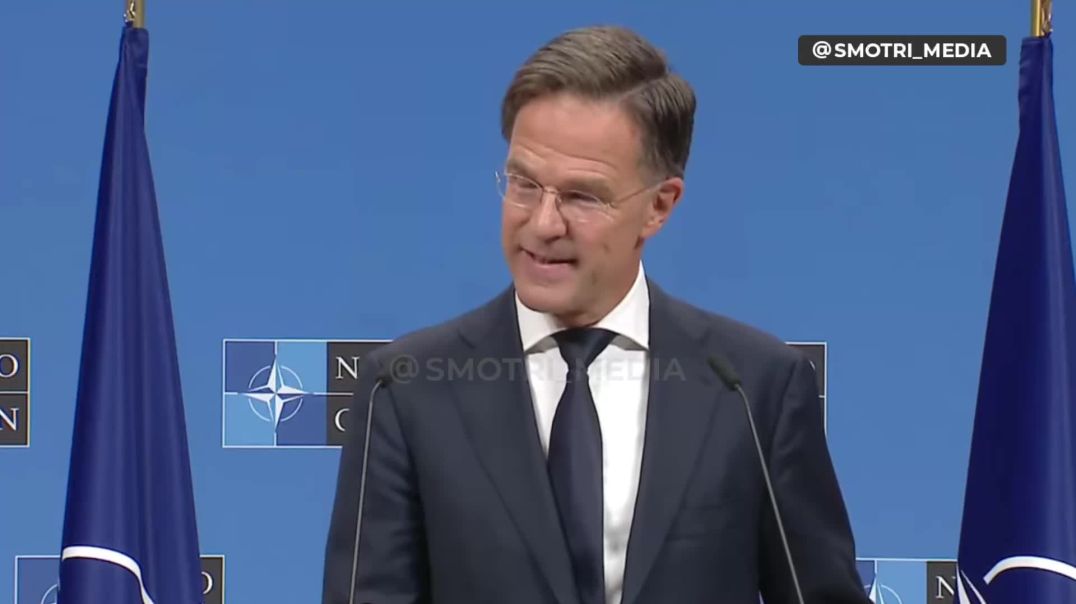
The Russian State Duma on Thursday passed in its first reading a bill to outlaw propaganda encouraging women not to have children.
The measure is part of efforts to protect traditional values, the speaker of the lower chamber, Vyacheslav Volodin, said.
According to Volodin, 388 legislators backed the bill, with no votes against. The draft law proposes adding “child-free” ideology to six existing laws banning “pedophilia, LGBT and gender reassignment propaganda,” the official said.
“We continue to create a unified legal space to protect children, families and traditional values,” Volodin wrote on his Telegram channel. “It is important to protect people, especially the younger generation, from the ideology of refusing to have children imposed through the Internet, media, films and advertising.”
The legislation will introduce administrative fines for spreading “child-free ideology” of up to 400,000 rubles (about $4,100) for individuals, up to 800,000 rubles ($8,200) for officials and up to five million rubles ($51,000) for entities which promote such ideas, the State Duma chairman said.
Elvira Aitkulova, a member of the State Duma Committee on Education, suggested during the discussion in parliament that with the newly passed bill, Russian “families will have freedom of choice without pressure from media.”
According to Yury Boyarsky, a member of the ruling United Russia Party, ideology that promotes not having children runs counter to the national policy on protection of motherhood and childhood.
Presenting the bill, MPs insisted that it would only target the dissemination of “destructive” child-free ideology, rather than personal lifestyle choices.
“The decision on whether to have children or not should be made by a woman,” Volodin stressed. “But there should be no propaganda which puts pressure on a woman when she makes a decision to have a child, as it is happening now in the US and Europe.”
The bill banning “propaganda of the ideology of childlessness” was introduced to the State Duma in September. To become a law, it has to pass two more readings in the lower house, gain approval in the upper house, and be signed by the president.
Earlier, the initiative was backed by Valentina Matvienko, speaker of the upper chamber of the Russian parliament, the Federation Council. Matvienko criticized modern feminism, stating that it has turned into a “struggle against men” and “traditional values.”










No comments found